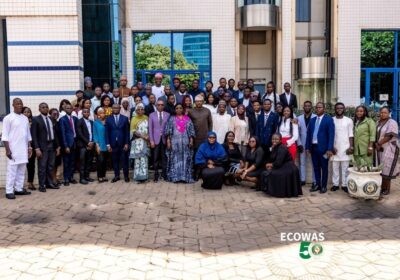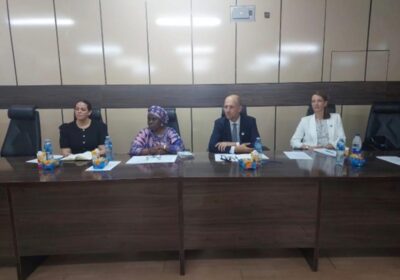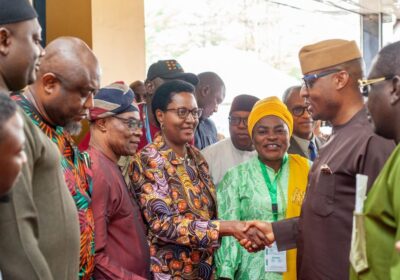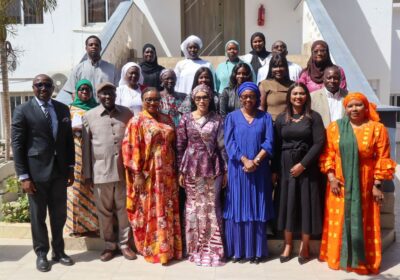Nigeria’s Procurement Laws Under Siege: BPP, CIPS-UK and World Bank Accused of Undermining National Sovereignty By Raymond Enoch.
A storm is brewing in Nigeria’s procurement landscape as the Chartered Institute of Purchasing and Supply Management of Nigeria (CIPSMN) has issued a damning statement accusing the Bureau of Public Procurement (BPP), in collaboration with CIPS-UK and The World Bank, of violating Nigerian law and actively undermining the sovereignty of statutory institutions.
At the heart of the controversy is the recent launch of the so-called “National Procurement Certification Project (NPCP)”, an initiative introduced on April 30th this year by the BPP and CIPS-UK, with backing from the World Bank. But what was touted as a step forward in procurement reform is now being branded as an illegal overreach and an affront to Nigeria’s legislative framework.
CIPSMN, the only legal body mandated by law to regulate procurement certification and professional practice in Nigeria, warns that this partnership flagrantly violates Section 16(2) of the CIPSMN Act and undermines Public Procurement Act 2007, especially in its interpretation of professional roles, certifications, and institutional functions.
“This is not just a breach. It is a systemic erosion of national law, backed by foreign influence and local institutions acting beyond their powers,” said Prof. M. J. Aliyu, Registrar and CEO of CIPSMN.
CIPSMN highlights that BPP has deviated from its core function — regulatory oversight — and has instead veered into illegal certification activities, a domain solely reserved for CIPSMN, just as COREN regulates engineers and MDCN oversees medical practice. “No law permits BPP to certify procurement professionals,” Prof. Aliyu emphasized, describing the move as an act of “regulatory colonization.”
The Institute further criticized BPP’s decades-long collaboration with CIPS-UK — a foreign institute with no statutory recognition under Nigerian law — branding it an “attempt to substitute domestic regulation with foreign standards.” The move, allegedly fronted by offering scholarships and launching digital platforms, is seen as a strategic entry for CIPS-UK into Africa through Nigeria.
CIPSMN is also raising alarms over the continued absence of the National Council on Public Procurement (NCPP) — a constitutional oversight body. Without this council, BPP has functioned unchecked, allegedly ignoring key mandates such as submitting biannual procurement audits to the National Assembly.
Legal analysts have weighed in, stating that while BPP may collaborate internationally, it cannot usurp the statutory authority of CIPSMN. “What BPP is doing is like the Ministry of Health partnering with a UK body to certify doctors in Nigeria — without MDCN — it’s simply unlawful,” one legal expert noted.
CIPSMN vows to challenge the initiative at every legal level, asserting that only its members — qualified and registered — can legally practice procurement in Nigeria, as stated in Section 20 of the CIPSMN Act.
As the situation unfolds, any are watching how the Nigerian government will respond to what is increasingly seen as an institutional crisis fueled by foreign influence, local overreach, and legislative neglect.









